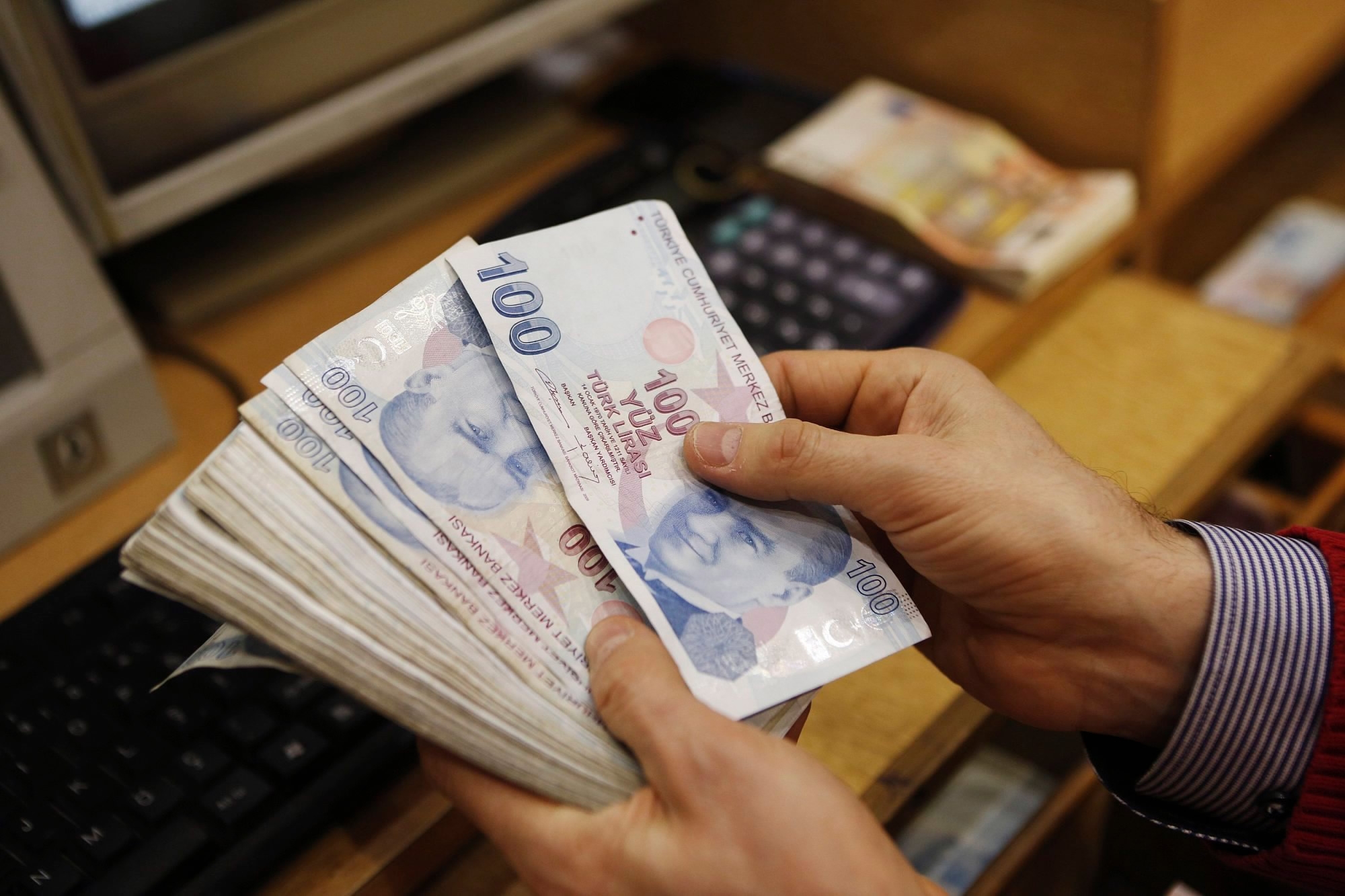
Business
17:30, 04-May-2017
Translating into Growth: China and Turkey start direct trade in yuan and lira

By CGTN’s Michal Bardavid
China and Turkey have started direct trading with their local currencies – the yuan and the lira, in a move that is set to benefit both countries in economic and political terms.
The main aim of the agreement is to increase the trade volume and foreign investments between Turkey and China, and decrease their dependency on the US dollar during financial transactions.
China’s top export product to Turkey is marble. President of the Istanbul Minerals and Metals Exporters' Association Ali Kahyaoglu – who also owns a marble company - says the currency agreement has created new opportunities, especially for small and medium-sized enterprises (SMEs), as it reduces exchange costs.
“SMEs will send bank transfers with yuan and we will send their products. This way, trading will be possible without the need for banking credits and without facing difficulties, and with no commission so we will be able to reach lower channels in trading and increase Turkey’s market share,” said Kahyaoglu.

A money changer counts Turkish lira bills. /CFP Photo
A money changer counts Turkish lira bills. /CFP Photo
The elimination of the US dollar’s fluctuation is also a significant benefit for companies.
“When you trade goods and services with your local currency, these uncertainties on the future of the value of the US dollar have gone, so this will reduce uncertainties on the currency market,” said Nurullah Gur, a professor from Istanbul Medipol University.
The currency agreement could set an example for other emerging markets, such as Brazil, Russia or India and so on, which will likely become more eager to use their local currencies in international trade.
The Turkish and Chinese governments clearly intend to improve bilateral relations and increase cooperation with such agreements, and with more companies taking advantage of this, the trade volume currently standing at about 28 billion US dollars is likely to increase in 2017.
Related stories:
80% of RMB for trade is expected in the Middle East
Translating into Growth: Pakistan eyes ‘Belt and Road’ as the new force of modernization
Translating into Growth: Hungary looks at Belt and Road's long-term benefits
Translating into Growth: ‘Belt and Road’ ties up China and Thailand
Translating into Growth: 'Belt and Road' speeds up delivery of Chinese goods to Russia
Translating into Growth: Belt and Road spurs China-New Zealand cooperation
Translating into Growth: Belt and Road promotes the Sino-UK relations
Translating into Growth: ‘Belt and Road’ refreshes Egypt’s ancient Silk Road role
7057km

SITEMAP
Copyright © 2018 CGTN. Beijing ICP prepared NO.16065310-3
Copyright © 2018 CGTN. Beijing ICP prepared NO.16065310-3